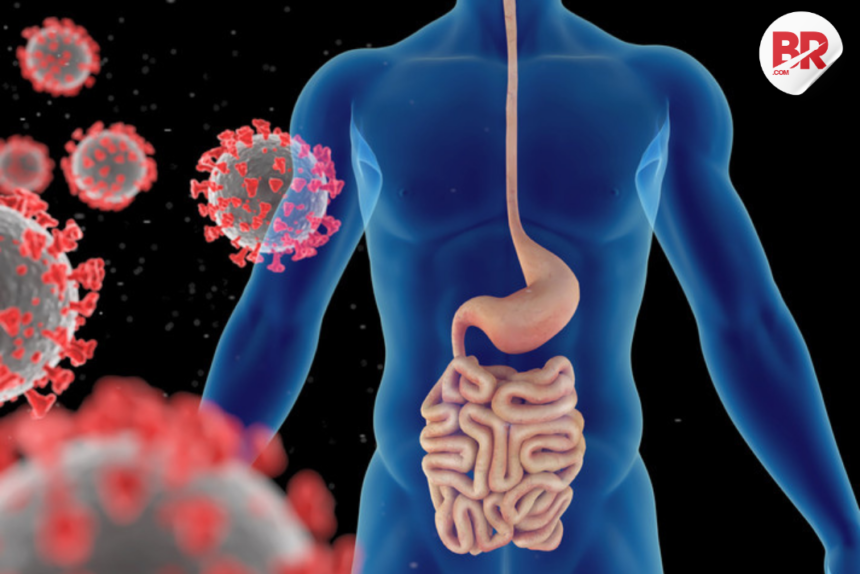COVID-19 is back in a new form, and this time it’s not just a simple respiratory disease. The Omicron variant — now the most dominant COVID-19 variant — is causing a whole range of symptoms. People are not only experiencing flu-like symptoms, but also gastrointestinal issues.
This means you might get a high fever, a persistent cough, and a bad body ache. But you could also suffer from diarrhea, vomiting, abdominal pain, and a poor appetite. It’s a big change from what we saw in the first and second waves.
Why COVID-19 Is Showing Flu-like and Stomach Symptoms Now
Doctors say this happens because the Omicron variant interacts differently with our body. According to WebMD and health experts in India, this variant prefers to attack not just our respiratory system, but also our gastrointestinal tract.
“It’s a powerful twist to the COVID-19 story,” says Dr. Rohan Mehta, a leading doctor in Delhi. “Gastrointestinal symptoms were not a big deal during the first waves. Now we’re seeing them much more frequently.”
Rising Flu-like Symptoms, Few Deaths — Why?
Here’s some good news. Although this variant brings a range of symptoms, the disease is not as severe in most cases.
Most people — especially those who are fully vaccinated — are experiencing only a few days of sickness. They can recover at home with rest, fluids, paracetamol, and ORS for diarrhea.
➥ Tip: If you have trouble breathing, persistent vomiting, or severe abdominal pain, seek medical help immediately.
Also Read COVID-19 Cases in India Drop Slightly, But Deaths Rise to 97…
Why We Should Still Be Careful
Some people say, “It’s just a flu now.” But health experts warn against letting our guard down.
The disease may be milder, but it can still put pressure on health services and affect vulnerable people.
➥ So wearing masks, avoiding crowds, and staying up to date with vaccines is a smart move.
Read more on COVID-19 vaccines here.
Final Thoughts — Keep Your Guard Up, Stay Safe
The bottom line is this: COVID-19 is changing, and we need to stay vigilant.
Flu-like symptoms alongside gastrointestinal issues are now more frequently being reported.
The vaccines are protecting us from severe disease, but we shouldn’t be careless.
Watch your health, drink plenty of fluids, rest, and seek help if your symptoms get worse.




